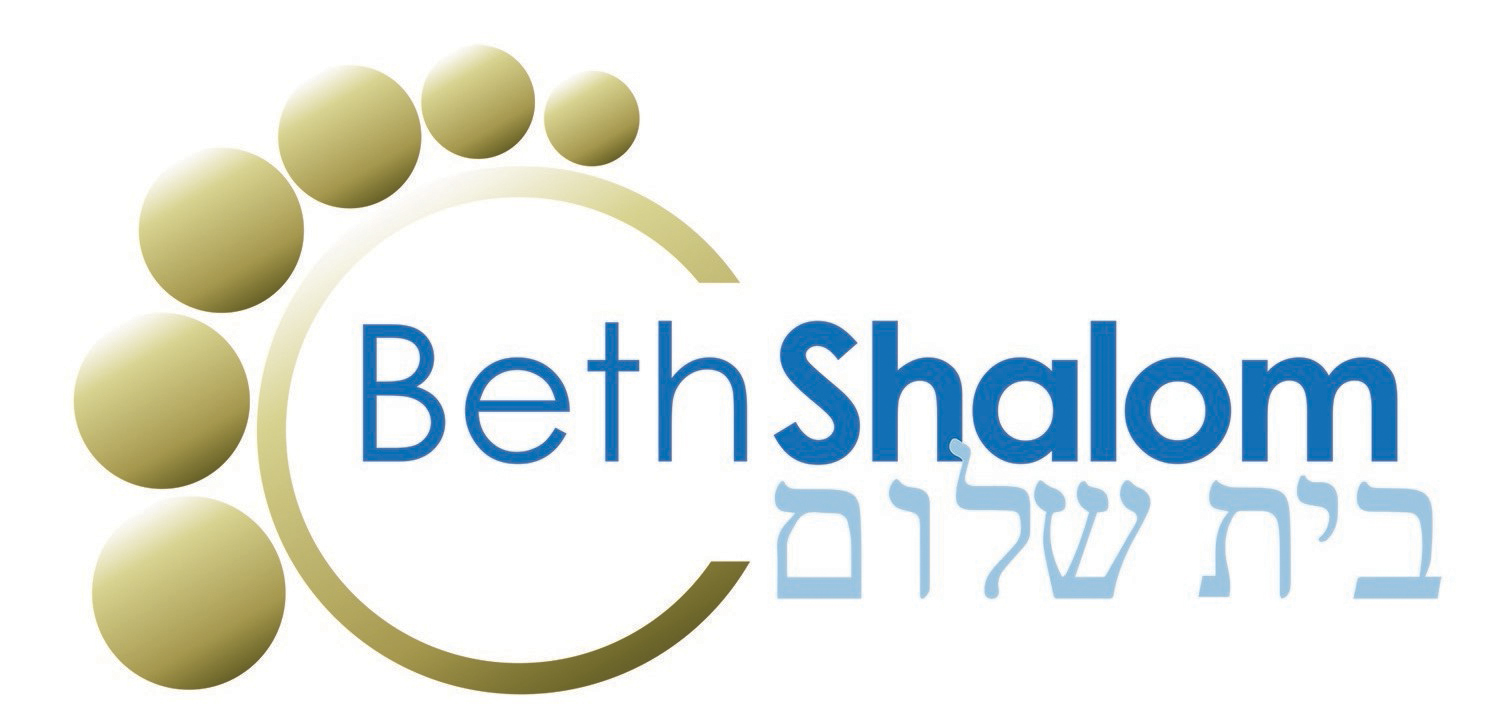What Is Inside that Mezuzah? Originally Published August 17-18, 2018.
A mezuzah (מְזוּזָה , literally “door jamb,” pluralמְזוּזוֹת mezuzot) consists of a piece of parchment enclosed in a case. The parchment (the “klaf”) holds verses from Devarim (Deuteronomy) 6:4-9 and 11:13-21. Included in those verses is the Shema, which tells us to affix “these words” - the instructions to love and teach and talk, etc., […]
What Is My Hebrew Name? What Is Yours? Originally published August 10, 2018
A Hebrew name is chosen, generally by parents, as are other names. A convert to Judaism chooses a Hebrew name, too. Jews have a tradition of naming after someone special who has gone before, as a way of perpetuating that person’s “good name.” Ashkenazi Jews generally do not name after living persons. (Yes, there are […]
Why Do We Sing “Tzur Yisrael” just before the Amidah, and Why Is that Berakhah After It? Originally published August 3-4, 2018
At the end of the pages of the Shema, on page 158 in Siddur Lev Shalem, we call out to God - usually in full-throated deep voice - requesting that God, our “Rock” or “Stronghold,” arise and help us, and redeem Judah and the people Israel as promised. We then refer to God as our […]
What Is the Book of Enoch? Who Was Enoch? Originally published July 27-28, 2018
A while back, in one of these columns, we discussed ofanim. We noted that they were among the angels mentioned in the Book of Enoch. Apparently Enoch knew something about angels, reporting that he traveled with them. Enoch (חֲנוֹךְ “Hanokh”) was the great-grandfather of Noah, and his book says that he was writing it himself. […]
What Is Tu Be’Av? Isn’t Av Supposed to be a Mournful Month? Originally published July 20-21, 2018
We do tend to get serious during the month of Av, but in the middle of the month is Tu Be’Av, the Day of Love! The fifteenth day of the month of Av, ט"ו באב, was, according to the Mishnah (Ta’anit 4:8), a joyous holiday back in the days of the Temple in Jerusalem, to […]
What All Are We Supposed to Do on Tish’ah Be’Av (Beginning July 21)? Originally published July 13-14, 2018
We have heard why we observe Tish’ah Be’Av, the day in history on which so many negative things have befallen us. But sometimes we lose track of all that we are supposed to do in observance. For one thing, this is the only other full-day fast - besides Yom Kippur - that we observe. This […]
Who was Marc Chagall (1887-1985)? Originally published July 6-7, 2018
Marc Zakharovich Chagall was born on July 7, 1887, in Vitebsk, Belarus, Russia. He was an artist. After studying from 1907-1910 in Saint Petersburg at the Imperial Society for the Protection of the Arts and at the Svanseva School with Léon Bakst (artist/scenic designer whose original name was Lev Samoylovich Rosenberg), Chagall moved to Paris […]
Who was Joseph Achron (1886-1943)? Originally published June 29-30, 2018
If you were fortunate enough to attend the concert this past Monday, in which the Pittsburgh Jewish Music Festival, along with Chamber Music Pittsburgh, Rodef Shalom, and the United Jewish Federation of Greater Pittsburgh, presented “Hebrew Melodies,” featuring Tehila Nini Goldstein, soprano, and various members of the Pittsburgh Symphony Orchestra, you heard some seldom-heard music. […]
What was the Mahzor Vitri? Originally published June 22-23, 2018
Last week, in discussing Mi Shebeirakh, we mentioned that it first appeared in the 13th century, in the Mahzor Vitri. So what is that book? Simhah ben Samuel of Vitry (sometimes spelled Vitri), who died before 1105 CE, compiled this book - a liturgical and legal compendium, the British Library calls it - to include […]
What Is a “Mi Shebeirakh”? Originally published June 15-16, 2018
Near the end of the Torah reading part of a service, someone pulls out a “Mi Shebeirakh” list. Just what is that? We colloquially make these words into a noun or an adjective - we say a “Mi Shebeirakh” or we have a “Mi Shebeirakh list.” The words themselves mean “[May the One] Who blessed,” […]
